Meaning of Dispensary: What Is a Dispensary?
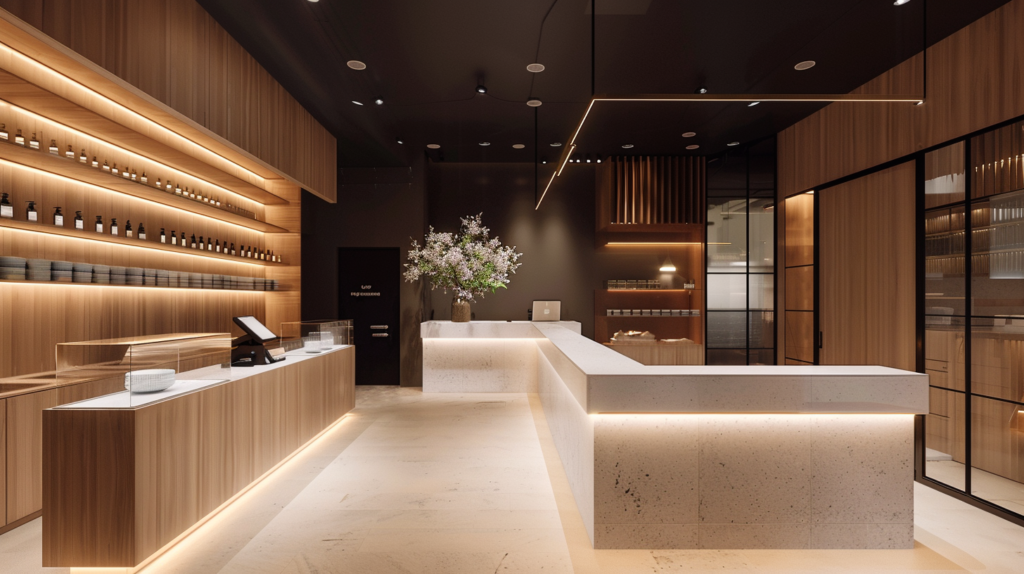
In today’s evolving landscape of healthcare and recreational activities, understanding the term “dispensary” is essential. From accessing medical aid to exploring cannabis products, knowing the definition and meaning can make it easier to navigate these facilities effectively.
Understanding the Dispensary

Definition
Medicine is prepared and dispensed in a dispensary, often found within hospitals, schools, or other organizations, including those offering dental treatment. This noun originates from the medieval Latin term ‘dispensaria,’ linked to the verb ‘dispensare,’ meaning ‘to distribute.’
In modern contexts, dispensaries also refer to authorized establishments that sell cannabis products, including both medical and recreational marijuana, showcasing the evolving nature of this term and its relevance as a place where medicine is distributed.
Medical vs. Recreational
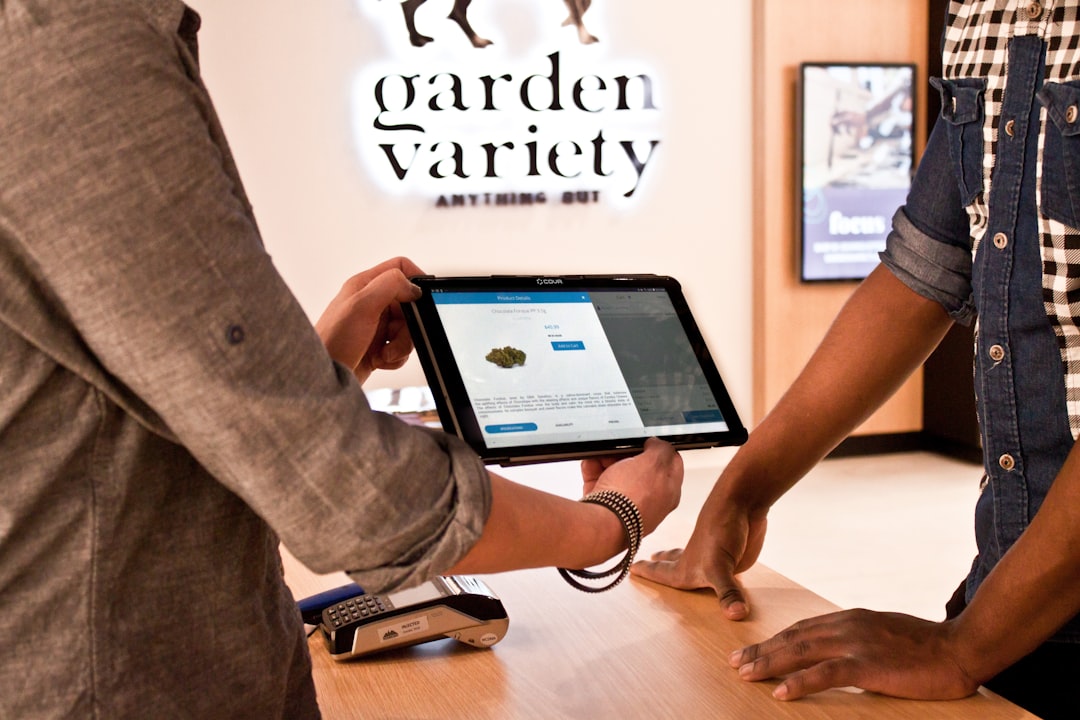
When discussing dispensaries, it is crucial to differentiate between medical and recreational types, especially in the context of cannabis dispensaries. Medical dispensaries provide cannabis products specifically for patients with qualifying conditions, necessitating a doctor’s prescription. Conversely, recreational dispensaries offer cannabis to adults without a prescription, allowing broader access. Regulations surrounding these dispensaries vary significantly by region, with some areas permitting both types while others impose stricter medical-only sales, reflecting local attitudes toward cannabis consumption.
Usage of the Term
The term ‘dispensary’ has historically described various facilities providing medical aid, evolving to refer to cannabis sales venues in contemporary discussions commonly. Examples of its usage include phrases like “visiting a dispensary for medicine” and “the local dispensary offers a range of health services.” This term’s application can differ across cultures, representing diverse healthcare facilities globally, such as outpatient clinics in Kenya or primary care settings in India, illustrating its multifaceted nature.
Types of Dispensaries
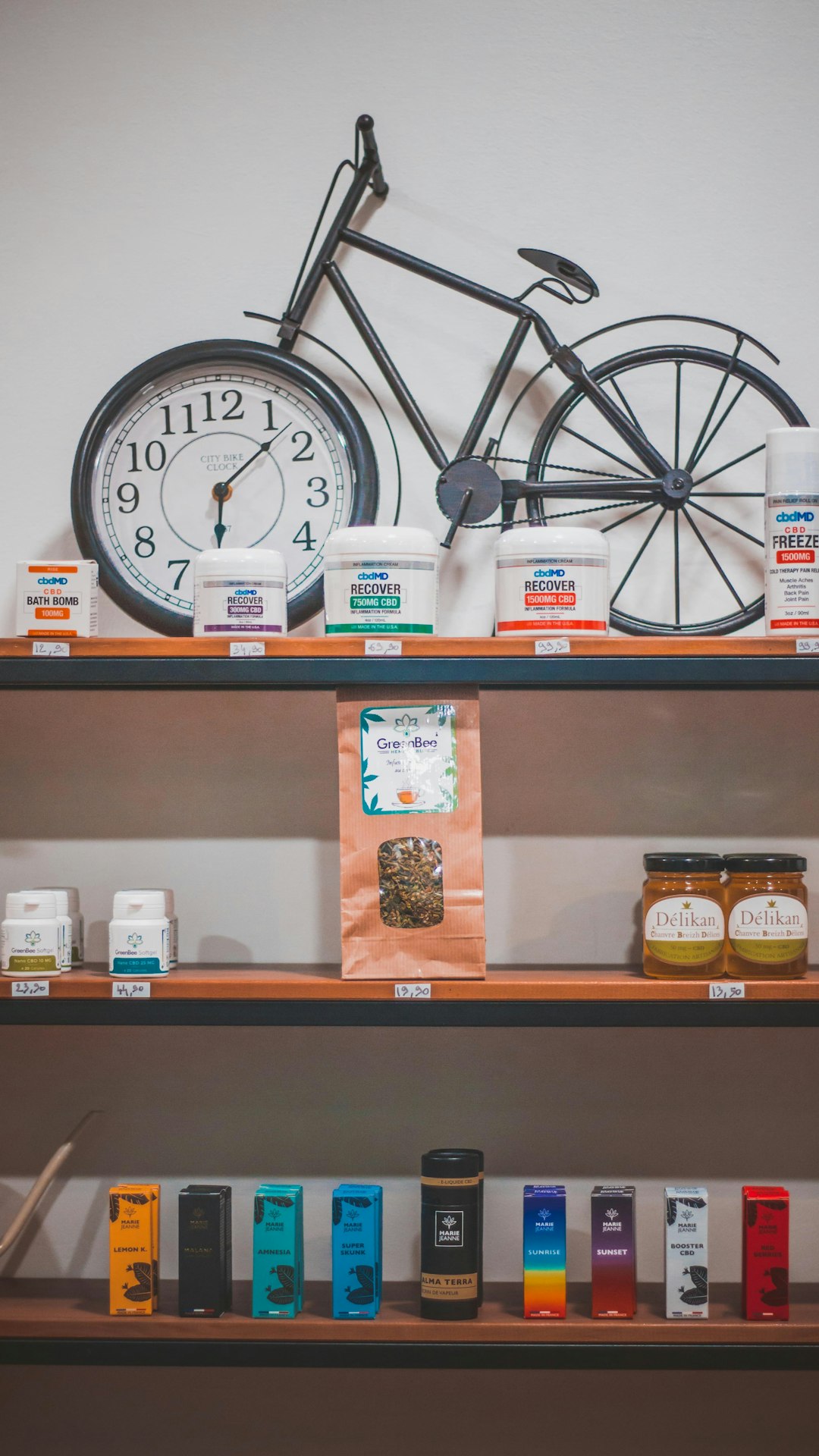
Marijuana Dispensaries
Marijuana dispensaries serve as specialized retail outlets dedicated to the sale of cannabis products, which include flowers, edibles, oils, and concentrates. These establishments operate under stringent mandates, often requiring them to verify the age and eligibility of customers.
Depending on state laws, marijuana dispensaries can be classified as either med or rec, reflecting the growing acceptance and legalization of cannabis across North America. The presence of these stores has not only changed consumer behaviors but has also played a significant role in shaping public perception of cannabis use for both medical and recreational purposes.
CBD Shops and CBD Store vs. Marijuana Dispensaries
CBD shops focus on products derived from hemp, which typically contain minimal THC, the psychoactive component of cannabis. These establishments offer a variety of items such as oils, tinctures, edibles, and topicals, including CBD products, promoting potential health benefits without the intoxicating effects associated with marijuana.
In contrast, marijuana shops provide products that may contain higher levels of THC, catering to both types of consumers and patients seeking medicinal options.
This distinction is crucial, particularly in regions where cannabis laws are evolving, as it impacts consumer choices and the overall market landscape for cannabis-derived products.
Smoke Shops and Their Differences
Smoke shops are retail outlets that primarily sell tobacco products and smoking accessories, such as pipes, rolling papers, and vaporizers. While some smoke shops may carry cannabis-related items, they do not typically offer cannabis itself for sale.
The legal regulations governing smoke shops differ substantially from those that apply to marijuana dispensaries, especially in states where cannabis remains illegal for recreational use. Therefore, understanding these differences is essential for consumers seeking cannabis products, as the two types of establishments serve distinct roles within the broader cannabis market.
History and Evolution of Dispensaries
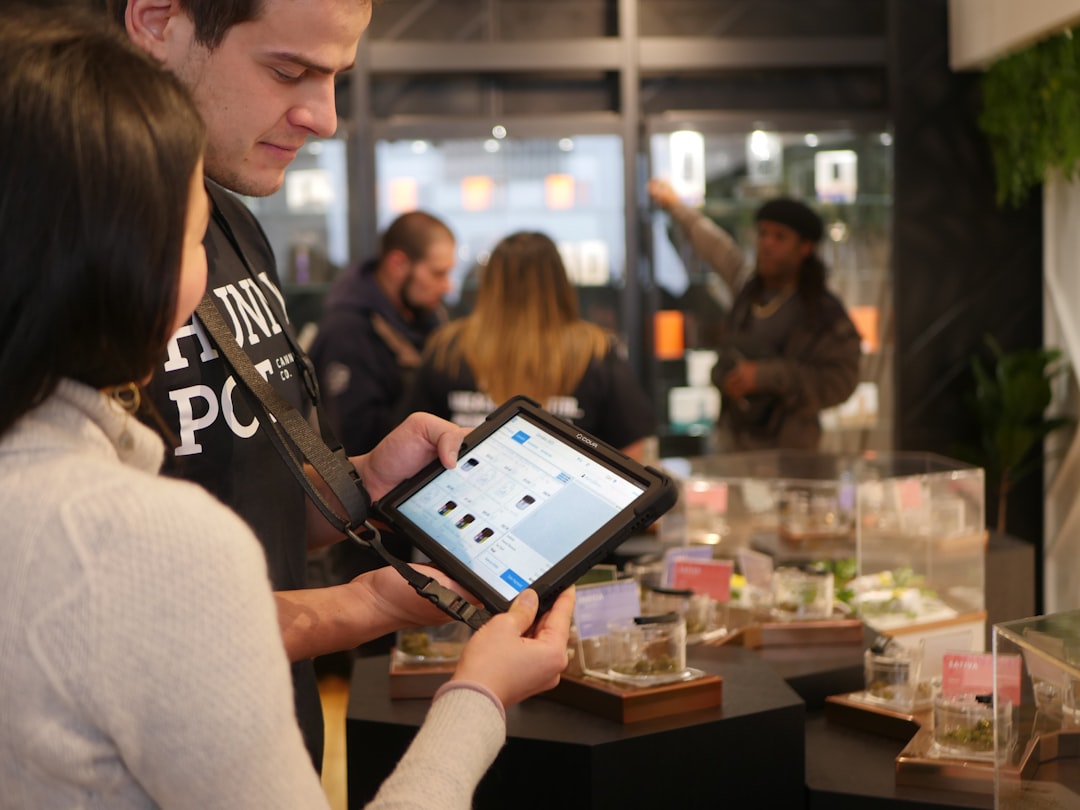
Word History of Dispensary
The term ‘dispensary’ originates in the Latin word ‘dispensaria,’ dating back to 1699. Initially, it referred to places where medicine was distributed. Over the centuries, the meaning of dispensary has broadened, encompassing a variety of health-related facilities, mainly as public health systems evolved.
This term has adapted culturally, reflecting its usage in different healthcare contexts worldwide, from traditional pharmacies to modern cannabis retailers. It illustrates how language evolves alongside societal changes in healthcare and substance policies.
.
Changes in Regulation and Accessibility
Over recent decades, the legalization of dispensaries, particularly those focusing on cannabis sales, has undergone dramatic changes. Many jurisdictions in the U.S. have transitioned from prohibition to legalization, establishing frameworks that allow for regulated cannabis dispensaries to operate. This shift has significantly increased accessibility for patients in need of medical cannabis and adults desiring recreational options. Nonetheless, the variability laws mean that the operation and availability of dispensaries can differ greatly between regions, requiring consumers to stay informed about local laws and regulations surrounding cannabis consumption.
Impact on Communities and Economies
Dispensaries can profoundly influence local communities and economies by creating jobs and generating tax revenue contributing to community development. They play a vital role in providing access to medical cannabis for patients who may lack alternative avenues for relief. However, dispensaries can also spark public safety, zoning, and community standards debates.
As society navigates the integration of cannabis into everyday life, these discussions become increasingly relevant, highlighting the need for balanced approaches to cannabis regulation and community engagement.
Dispensary Resources and Tools
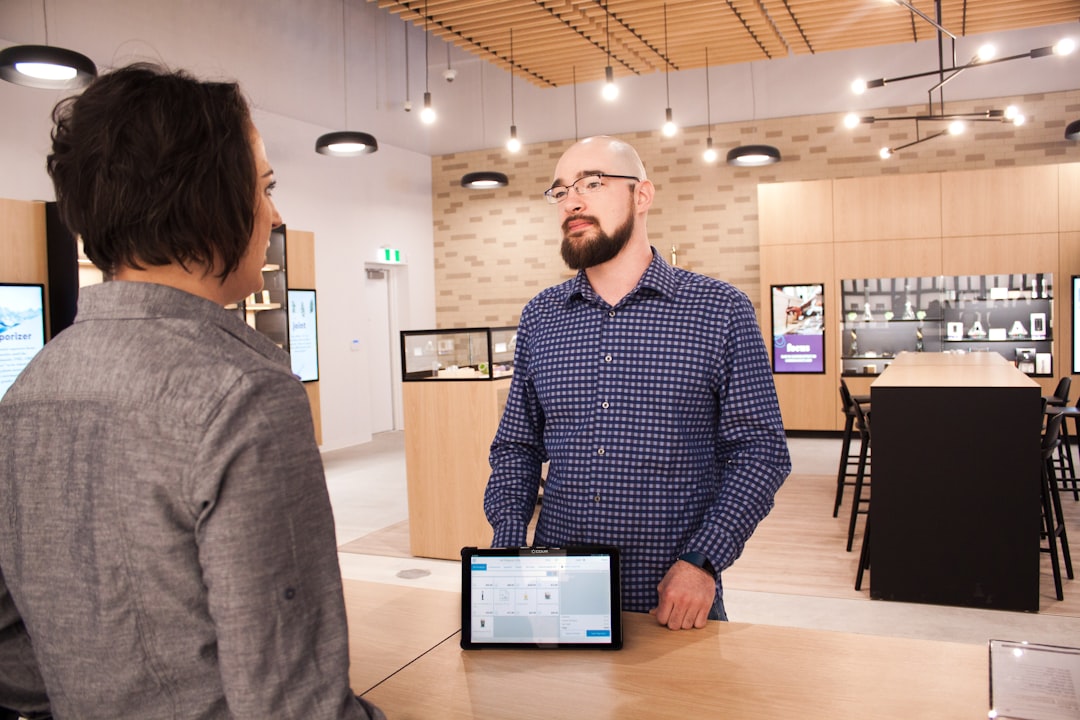
Popular Related Word Entries in the Dictionary
Popular dictionary entries related to ‘dispensary’ often include terms like
- ‘pharmacy,’
- ‘apothecary,’
- ‘drugstore,’
- ‘health center.’
- and ‘clinic.’
These terms reflect the broader context of healthcare and medication distribution. Understanding these related terms can provide additional insight into the function and scope of dispensaries within the healthcare system. For example, a pharmacy typically focuses on dispensing prescribed medications.
At the same time, a clinic may offer a range of medical services, including the distribution of medicine in a more comprehensive health context.
Engaging with Dispensaries

Choosing a Dispensary
When choosing a dispensary, it’s essential to consider factors like product variety, quality, staff knowledge, and customer service. Ensuring the dispensary complies with local regulations and holds the necessary licenses is also crucial for a safe and legal experience.
Tools like CannaMapr.com can simplify the process by providing a comprehensive directory of dispensaries, complete with real-time listings, reviews, and filtering options to help you find exactly what you’re looking for. You can identify dispensaries that align with your preferences and needs by reading reviews, comparing product offerings, and seeking recommendations.
Engaging with a dispensary that values transparency and education enhances your experience and ensures you make informed decisions regarding your health and wellness. Let CannaMapr guide you to trusted and reliable dispensaries in your area!
Examples of Usage in Sentences
Examples of how to use ‘dispensary’ in sentences include:
- “The local dispensary provides essential medications to the community,”
- “She visited the dispensary to obtain her medical cannabis,” and
- “The dispensary was praised for its knowledgeable staff and wide selection of products.”
These examples illustrate the dispensary meaning in various contexts, highlighting its relevance in healthcare and recreational use. Proper usage of the term can also help clarify discussions about the specific functions of different types of dispensaries.
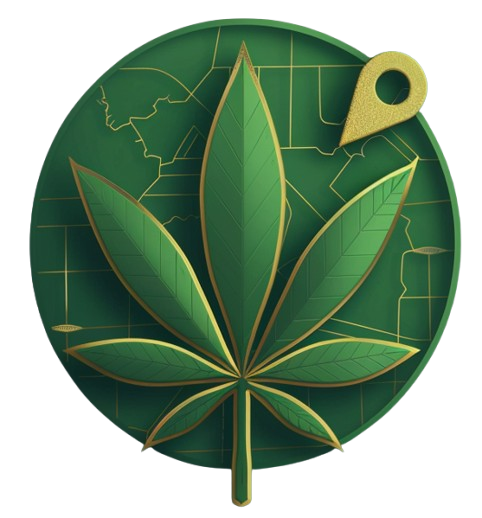

Free Dispensary Quiz Online - CannaMapr.com
July 10, 2025 at 8:26 am[…] you have what it takes to master the Dispensary Quiz? Make sure you study up on the meaning of dispensary before you jump […]